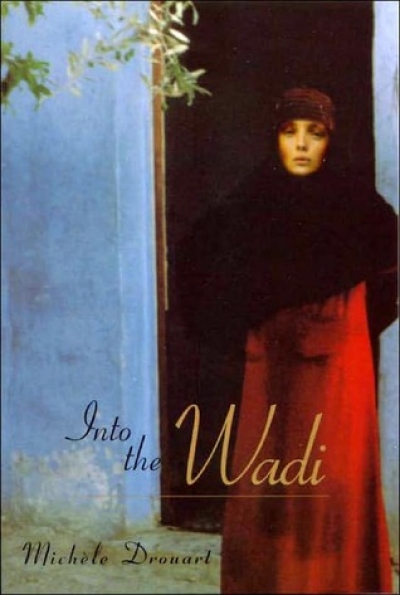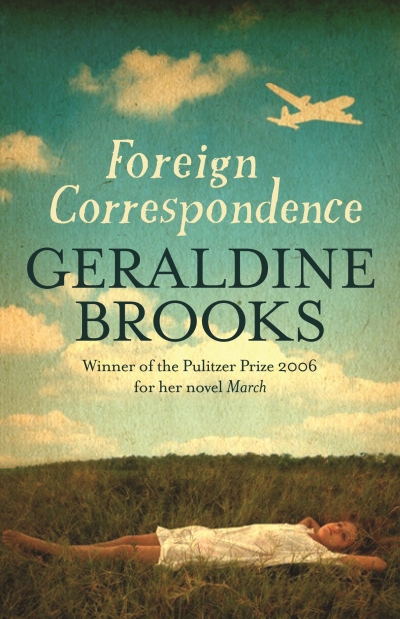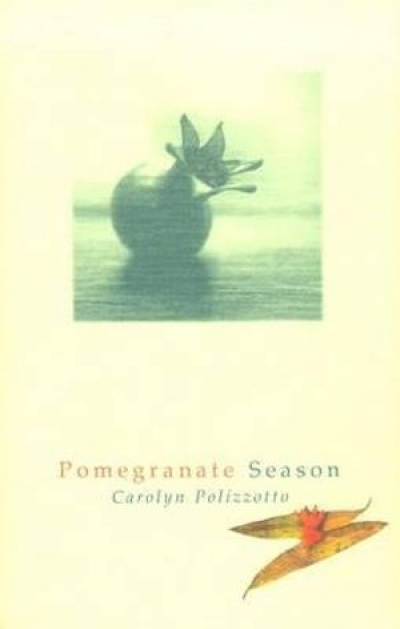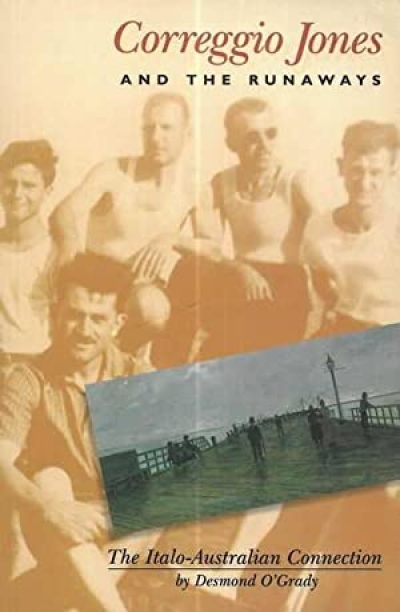‘I remember only peripheries, not centres,’ Michèle Drouan says in her memoir of marriage to a Jordanian and life with his family in a village near Jordan’s borders with Syria and Lebanon. Her perspective is deliberately oblique. Elegantly shaped, and or the most part gracefully written, her story bypasses the obvious cultural divisions. Political, religious, and sexual tensions are given minimal treatment. No dates are given: you would hardly know that the Gulf War comes within the book’s timespan, and when the sound of bombs is heard from across the border, someone quietly says ‘Lebanon’, and leaves it at that.
...
(read more)





